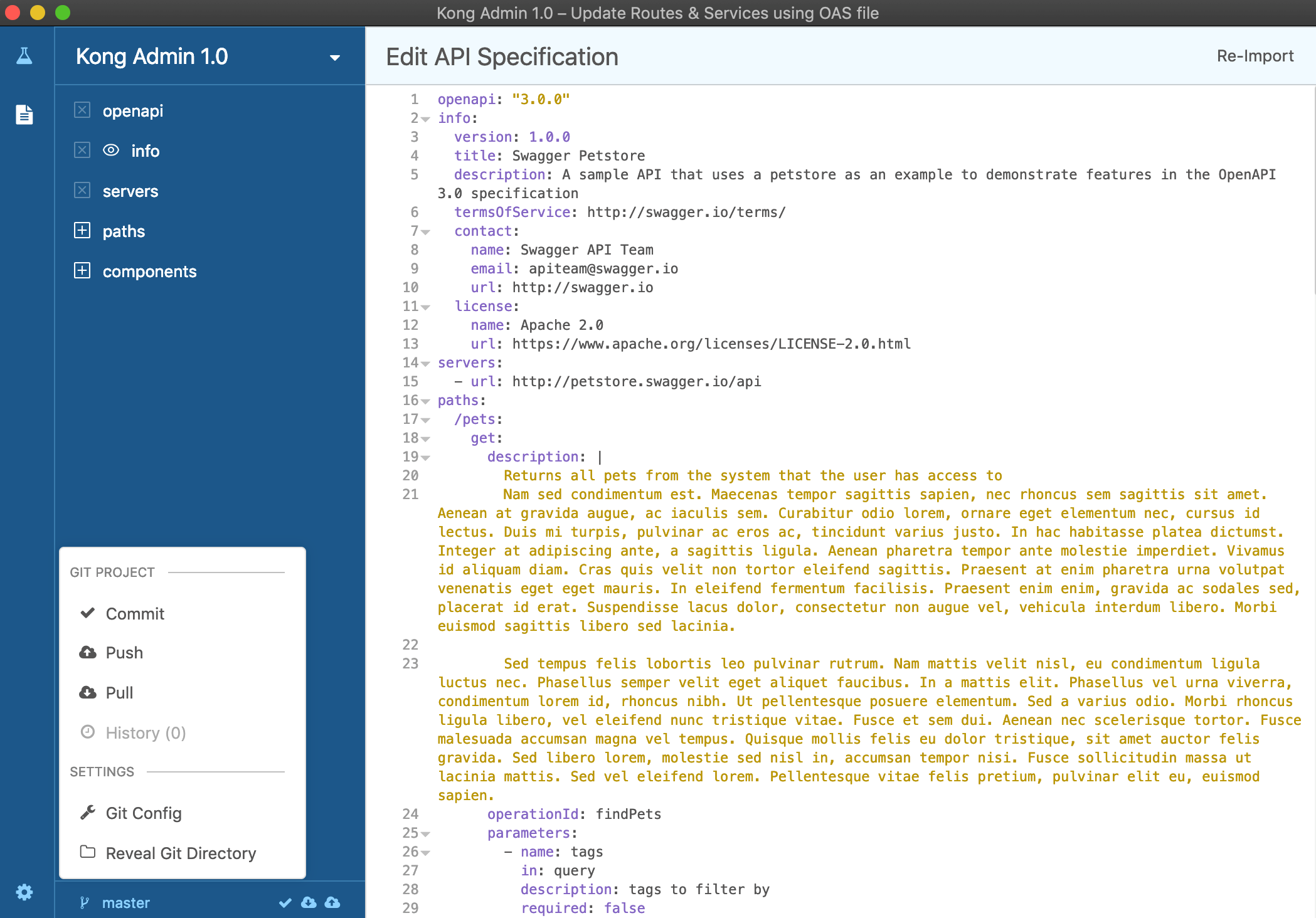At the Kong Summit 2019 conference, Kong today announced it has acquired Insomnia, an open source testing tool for application programming interfaces (APIs). In addition, it has added support for REST, Kafka Streams, gRPC, GraphQL and plugins written in Go to its service control platform.
Kong also added more capabilities based on machine learning algorithms in the form of a visual service map a Kong Immunity module that detects anomalies across services spanning multiple platforms.
Additionally, the company is delivering Kong Studio, a suite of tools to design, build and maintain APIs for REST and GraphQL endpoints based on the API testing and debugging tool Insomnia, which then can be published to Kong Gateway, proxy software for deploying and managing distributed APIs. The 2.0 release of Kong Gateway separates the data and control plane for the platform and provides the ability to write plugins in Go via Kong’s Plugin Development Kit.
Kong CTO Marco Palladino said collectively, this approach makes it easier to address a raft of potential API issues at design time rather than after an API has been pushed into a production environment.

Finally, Kong also updated Kuma, an open source control plane for a service mesh based on Envoy proxy software developed under the auspices of the Cloud Native Computing Foundation (CNCF).
Kong has been making the case for a service control plane dubbed Kong Brain, which spans both cloud-native and legacy monolithic environments and makes extensive use of machine learning algorithms. Palladino said as more services proliferate across existing monolithic and cloud-native application environments, there is no way IT organizations will be able to keep pace without relying more on machine learning algorithms to manage events and processes occurring within milliseconds of one another across the much more complex IT environment.
In fact, Palladino noted that rather than expecting one environment to supplant the other, IT organizations should expect to see services proliferate across both monolithic and cloud-native application environments. Managing all those different classes of services will require a service control platform capable of spanning multiple environments, he said.
Over time, machine learning algorithms will enable service control platforms to become smarter as IT environments transition to managing services end to end versus continuing to focus on individual applications. Naturally, there’s a high correlation between organizations that have made that transition and those that have embraced DevOps to build, deploy and manage those services, said Palladino, noting the most successful organizations employ DevOps to deploy and update APIs as if they were a standalone application rather than a set of add-on capabilities that tend to be forgotten over time.
It remains to be seen how the confluence of APIs and DevOps ultimately will change how IT is managed. The only thing that is for certain is the days when applications were managed in isolation are finally coming to a much-needed close.





